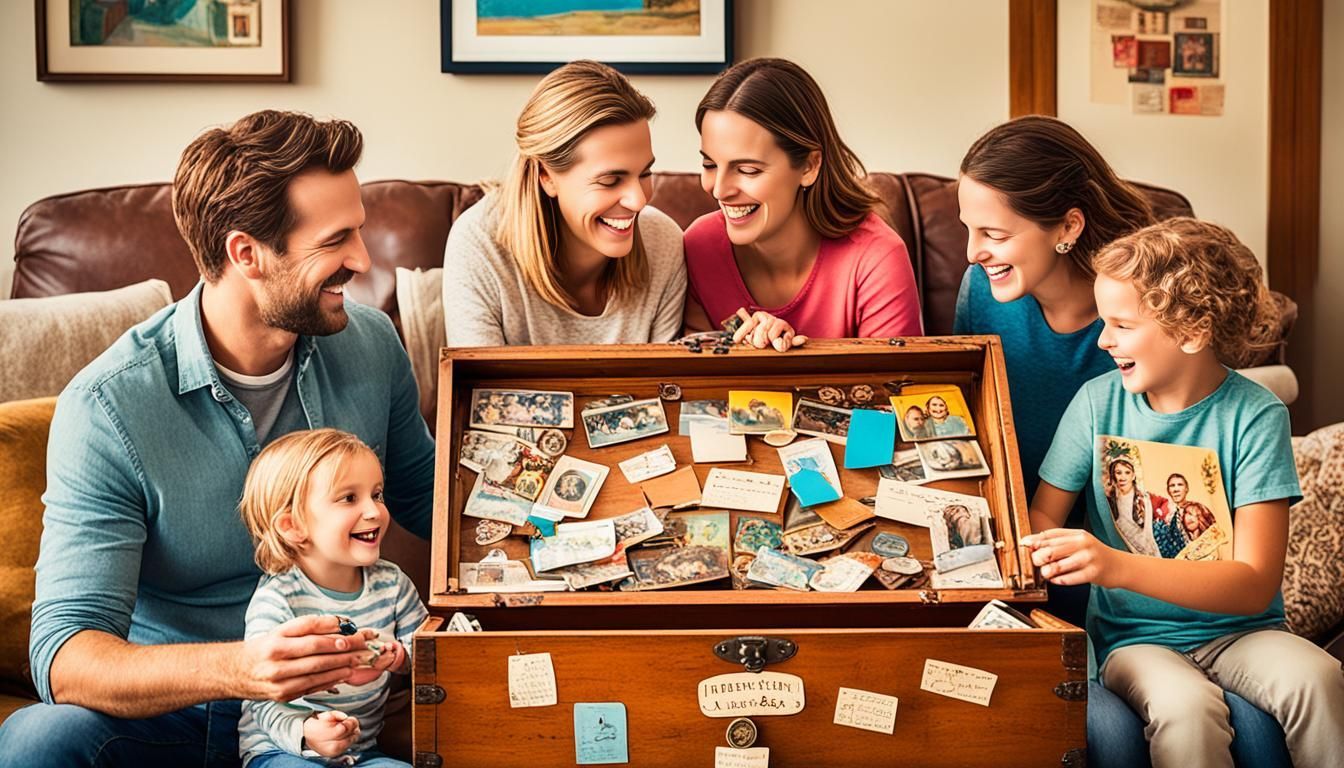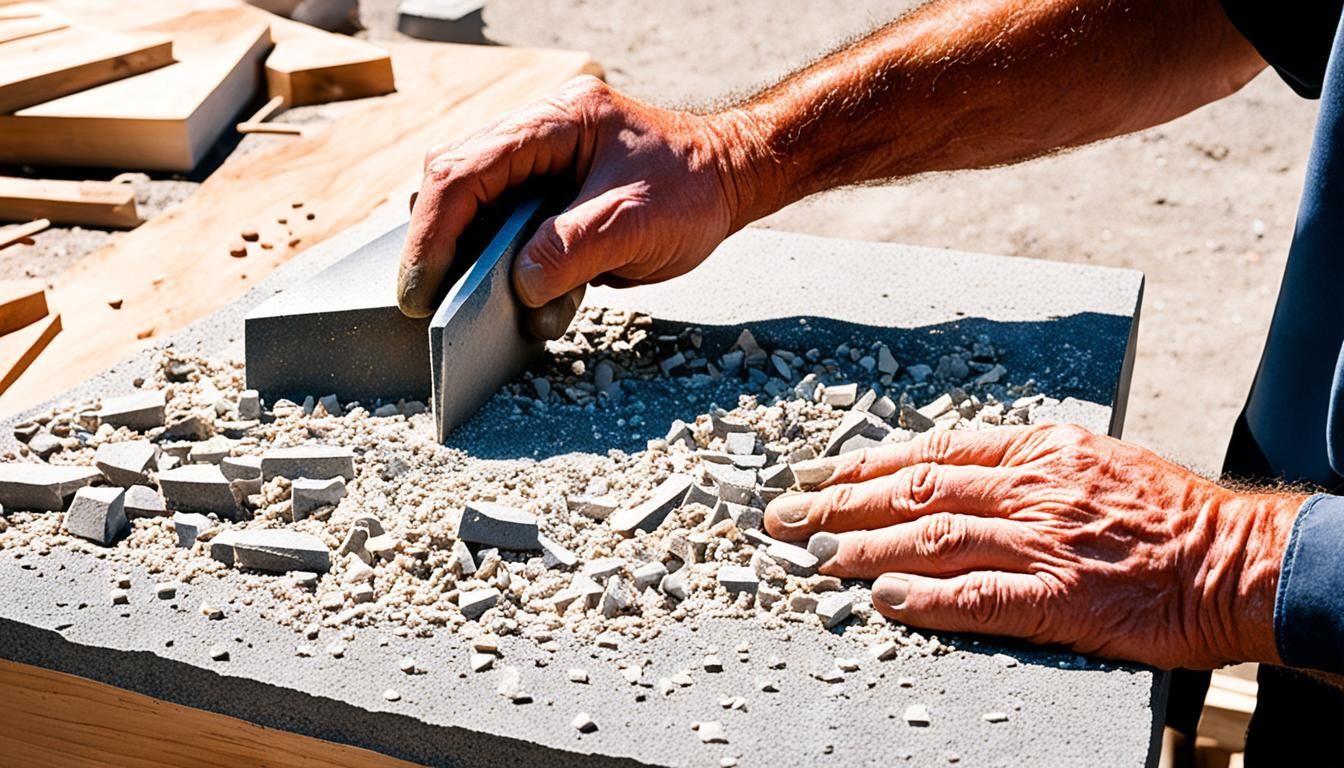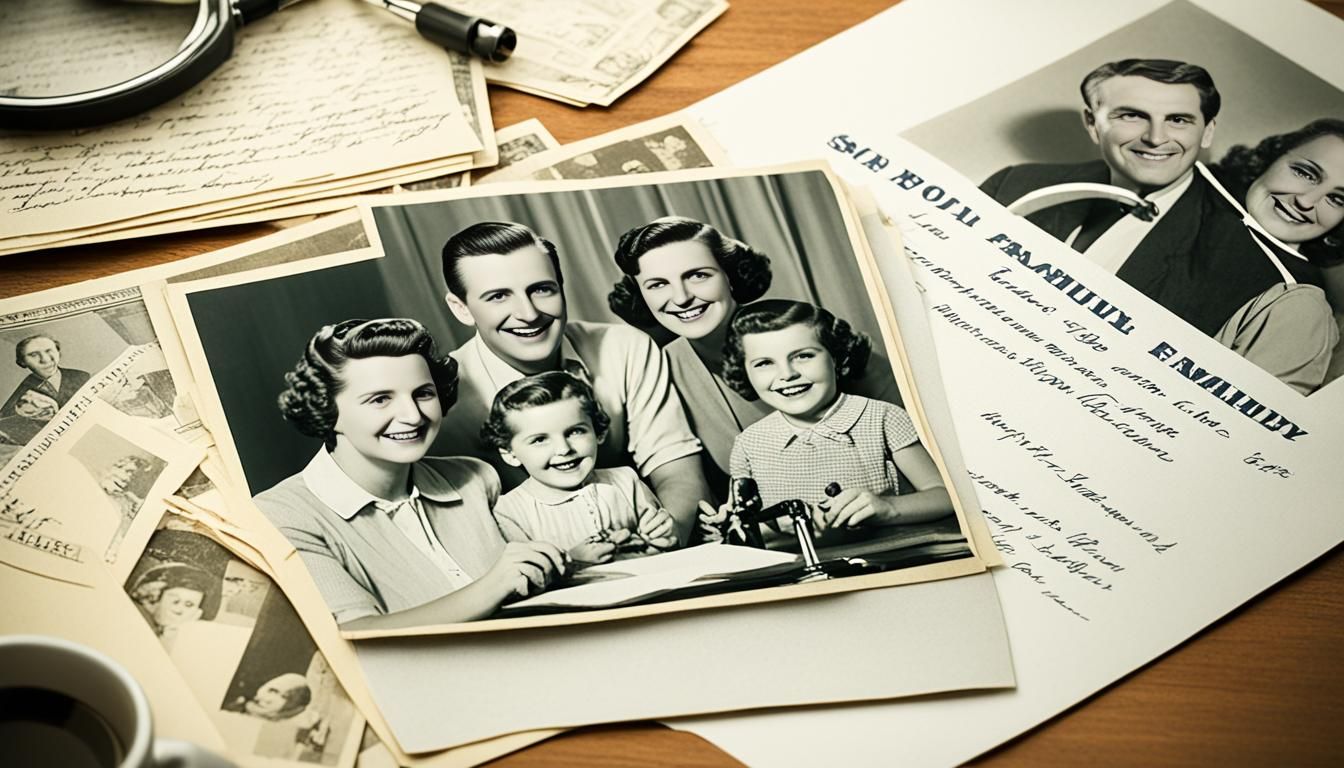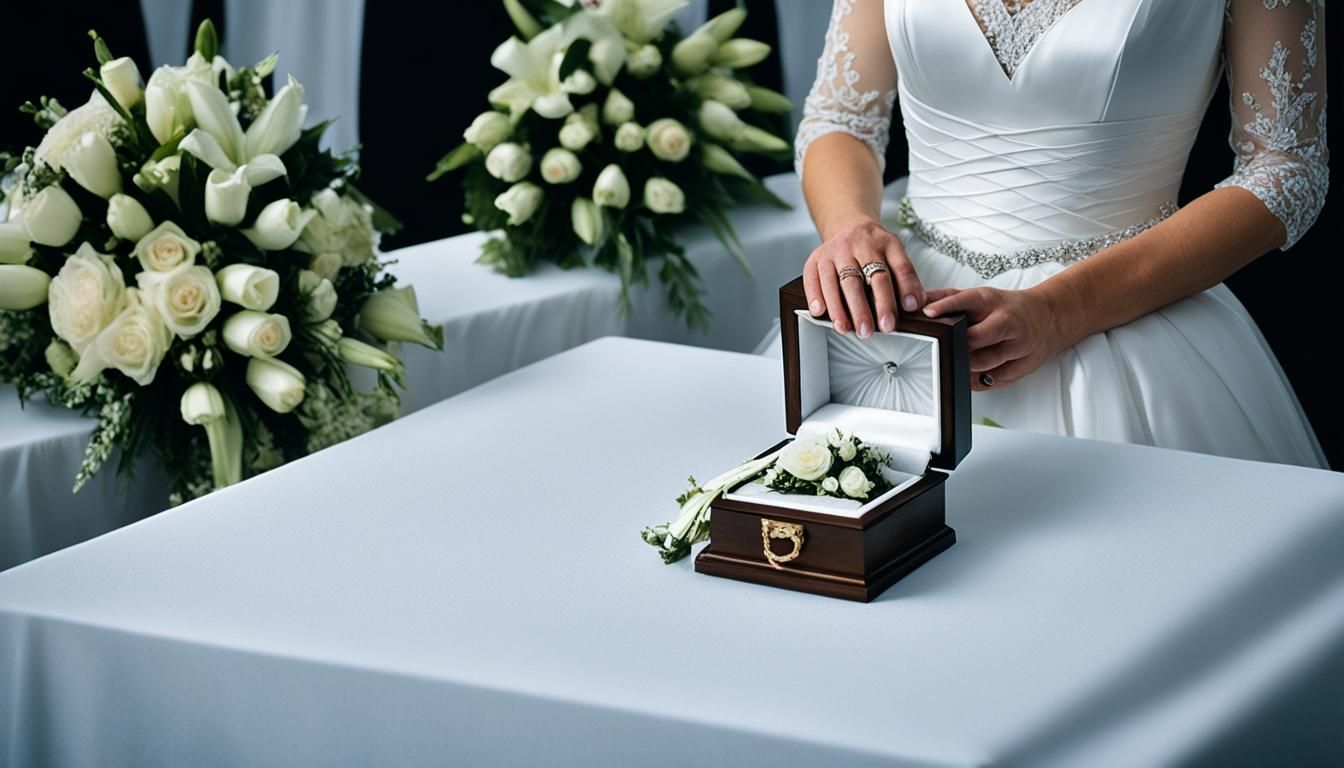Managing a Deceased Loved One's Facebook Account
Managing a Deceased Loved One's Facebook Account
Have you ever thought about the fate of a Facebook account when someone dies? In today's world, a Facebook account is a big part of someone's online life. Taking care of their Facebook after they're gone is a key part of protecting their digital legacy .
Miller Funeral Home in Edenton, North Carolina, gets how tough this can be for those who are mourning. We know it's important to take care of these digital assets with care and respect. This helps with healing and keeping the online presence and privacy of the one who passed safe. Guarding against hacking and identity theft is just as vital as handling other affairs after someone dies. We're here to help you through this process kindly, offering comfort during hard times.
Key Takeaways
- Managing deceased Facebook accounts involves securing digital legacy planning.
- Facebook allows for the assignment of a "legacy contact."
- Legacy contacts can manage tributes, post announcements, and make decisions on the account's future.
- Protection against hacking and identity theft is crucial during this process.
- Miller Funeral Home offers compassionate and respectful guidance in handling these digital assets.
What to Do with Loved One's Facebook Account After They Passed Away
When someone dies, dealing with their Facebook is key in keeping their digital legacy alive. It’s crucial for protecting their identity and avoiding cybercrimes. At Miller Funeral Home, we highlight the need to secure your loved one's digital footprints.
Why It’s Important to Manage Digital Accounts
Managing a deceased person's Facebook is more than a few clicks. Often, their profiles could show up in friend suggestions. This might trigger emotions for friends and family seeing the profile by surprise.
Options for Handling a Deceased Loved One's Facebook Account
Facebook gives a few ways to handle accounts of the dead. You can memorialize their account, creating a space for memories. To do this, type "special request for deceased person's account" in Facebook's search and follow the steps. Memorialized accounts are private to friends and remove old posts.
Users can also form a memorial group. Just log in, click Create a Group, name it, set who can see it, and start the group. To add a donation button, look for "donation button creator" on Facebook and set it up.
Or you could delete the account forever. To do this, log in with the deceased's password and search "delete my account." Everything gets removed for good. Remember, once deleted, it’s not recoverable. Families might want to download the account's data first. Go to Settings, then General, and choose Download a Copy of Your Facebook Data.
Protecting Their Digital Legacy
Keeping a loved one’s digital legacy means making smart, kind choices. Facebook lets you pick a legacy contact to manage the account after death. Set this up early for easier management later on. Tools like Trustworthy keep personal info safe, making access simpler after passing.
To manage the account, you might need to show Facebook some documents like a death certificate. This shows respect for their online life and privacy. It also keeps their memory alive in a special way.
How to Delete a Deceased Loved One's Facebook Account
When someone close to us passes away, managing their digital presence is crucial. Facebook, with its billions of users, is a common platform that needs attention after a person dies. At Miller Funeral Home, we guide families through the steps of closing their loved one's Facebook account with care.
Steps to Request Account Deletion
The first thing to do is submit a request to delete the Facebook account. This part is sensitive, but we can help make it easier. Here's what you need to do:
- Go to the Facebook Help Center and find the form for deleting a deceased user's account.
- Fill out the form with the required details carefully to avoid delays.
- Send in the form and wait a bit. Facebook usually takes a few days to respond.
Required Documentation for Account Deletion
Before closing a Facebook account, some paperwork is necessary. You will need:
- The death certificate, to prove the user has passed away.
- Some proof that you have the right to request this, like a power of attorney or estate letter.
- Any other ID documents that Facebook might ask for to prove your request is legitimate.
Facebook won't do anything to an account when someone dies unless actions were taken ahead of time. There are two choices: either delete the account forever or have a legacy contact manage it. If you want to delete it, you need to tell Facebook directly.
| Post-Mortem Options | Requirements | Processing Time |
|---|---|---|
| Permanent Deletion | Death certificate, proof of authority | A few days after the request |
| Appointing Legacy Contact | User's pre-planning settings | Varies based on settings |
Knowing the steps and having the right documents makes closing a Facebook account smoother. We at Miller Funeral Home want to help families close this digital chapter securely. Our goal is to bring peace of mind during a tough time.
Memorializing a Facebook Account
Memorializing a Facebook account turns it into a place for loved ones to gather and share memories. Digital legacy planning for Facebook accounts is key, offering closure and remembrance.
Setting Up a Memorialized Account
To honor a loved one, set up a memorialized account on Facebook. First, let Facebook know someone has passed away. You'll need to submit a form and a death certificate. Facebook will mark the account with "Remembering."
This step keeps the account safe and stops sensitive notifications. Learning how to correctly memorialize Facebook accounts helps families avoid extra sadness.
The Role of the Legacy Contact
Choosing a Facebook legacy contact is crucial for careful account management. A Legacy Contact can manage tribute posts, reply to friend requests, and pin memory posts. This role ensures the account is a proper tribute and aids in digital legacy planning for Facebook accounts.
Additional Features of Memorialized Accounts
Memorialized accounts respect privacy and allow for memory sharing. The account's content can only be seen by existing friends. These profiles won't show up in public searches or suggestions. Plus, a Facebook legacy contact can ask for the account's removal, giving the family control over the online presence.
Conclusion
As we wrap up our guide on handling a deceased loved one's Facebook, it's crucial to grasp its importance. Each social media platform, like Facebook, Instagram, Twitter, or LinkedIn, has its own rules for managing accounts of those who have passed away. Facebook lets you name a legacy contact who can look after the account and memorialize it, if they show a death certificate.
Instagram allows the family to either memorialize or remove the account with proof of death. On the other hand, Twitter only deletes accounts with a death certificate, as it does not offer memorialization. LinkedIn lets a chosen person handle the account after death. Without such a person, the family can ask to delete it. These steps help honor the family's preferences and the digital legacy left behind.
Handling the social media accounts of someone who has died is sensitive. The decisions made can either comfort or upset the bereaved. At Miller Funeral Home, we provide empathy and clear advice throughout this time. Our goal is to help manage the online remnants, whether through deletion or memorialization. We work to ensure that these digital memories are treated with respect, offering peace in a tough period.
FAQ
Why is it important to manage digital accounts after a loved one has passed away?
Managing digital accounts, like Facebook, is crucial after a loved one has passed. It protects their identity and stops cybercrime. It also prevents any upsetting notifications. Doing this respects their digital legacy.
What options do we have for handling a deceased loved one’s Facebook account?
You can delete their Facebook account or memorialize it. Deleting it keeps their privacy safe. Memorializing it creates a place for friends and family to remember them. Miller Funeral Home can guide you in picking what's best for you.
How can we protect our loved one’s digital legacy?
Protecting their digital legacy means making choices that honor their wishes or meet the family's needs. This includes securing their accounts and safeguarding sensitive info from threats like hacking or identity theft.
What are the steps to request the deletion of a deceased loved one’s Facebook account?
First, gather the necessary documents, like a death certificate or proof of authority. Then, go to Facebook's Help Center, fill out the required form, and submit your documents. Miller Funeral Home is here to help with each step and make it easier.
What documentation do we need to delete a deceased loved one’s Facebook account?
You'll need the death certificate or proof of authority, like a power of attorney or an estate letter. These documents are needed to confirm your request and delete the account.
How do we set up a memorialized Facebook account?
To memorialize a Facebook account, send Facebook a request with proof of death. The account will then be updated to show a 'Remembering' signifier next to their name. This lets friends and family post memories.
What is the role of the Legacy Contact in managing a memorialized Facebook account?
The Legacy Contact is the person chosen to look after the memorialized account. They manage tribute posts, update profile pictures, and can approve new friends. This keeps the account a fitting tribute to the loved one.
What additional features does a memorialized Facebook account have?
Memorialized accounts allow only previously added friends to see content, won't appear in public search, and can have a Legacy Contact. These features make sure the account is a respectful and safe place for remembering.
Source Links
- https://www.empathy.com/managing-accounts/dealing-with-a-loved-ones-social-media-accounts
- https://www.cremation.green/what-to-do-with-a-loved-ones-facebook-account-after-they-die/
- https://www.dignityfunerals.co.uk/what-to-do-when-someone-dies/dealing-with-social-media-accounts-after-death/
- https://www.trustsestateselderlawct.com/blog/three-ways-handle-facebook-when-someone-dies
- https://www.trustworthy.com/blog/deleting-a-facebook-account-when-someone-dies
- https://www.nbcwashington.com/news/local/how-to-delete-a-deceased-loved-ones-facebook-page/1964722/
- https://www.lalo.app/story/from-grieving-to-closure










